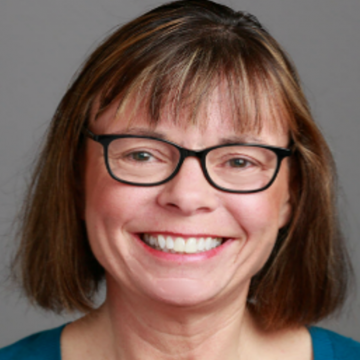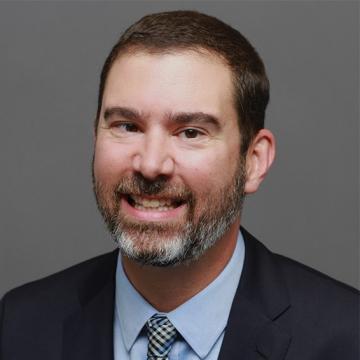About the Webinar
Credit unions have experienced unanticipated, rapid, and systemic shock. The initial losses are already staggering, with the full magnitude of the crisis yet-to-be determined. While new jobless claims may be leveling off, the number of people continuing to receive unemployment benefits could remain at record levels for many months to come.
Whether responding to the current crisis environment, or planning for eventual recovery and rebuilding phases, credit unions are forced to throw out and rethink all of their previous forecasts. In this webinar, we’ll discuss:
- Evolving methods and variables for reasonable and supportable forecasting
- New tools and resources to augment internal processes and staffing levels - with ways to quickly adapt for risk assessments and mitigation
- Techniques and resources available to credit unions to interpret macro-economic variables into actionable intelligence on their portfolios
- How credit unions can assess potential losses under multiple scenarios and time horizons to help appropriately manage credit risk



